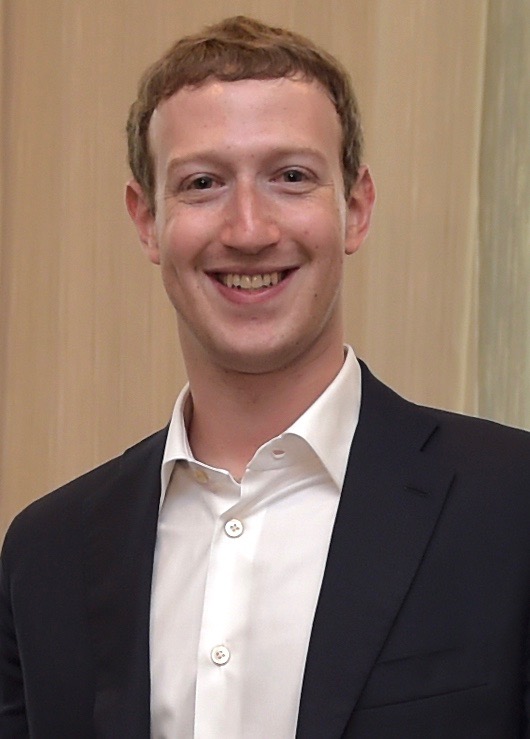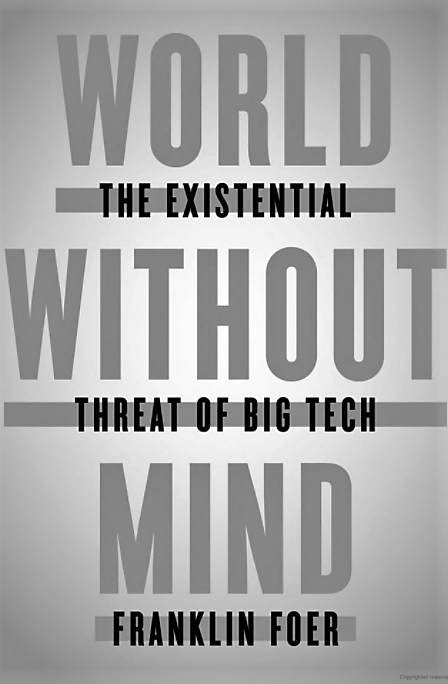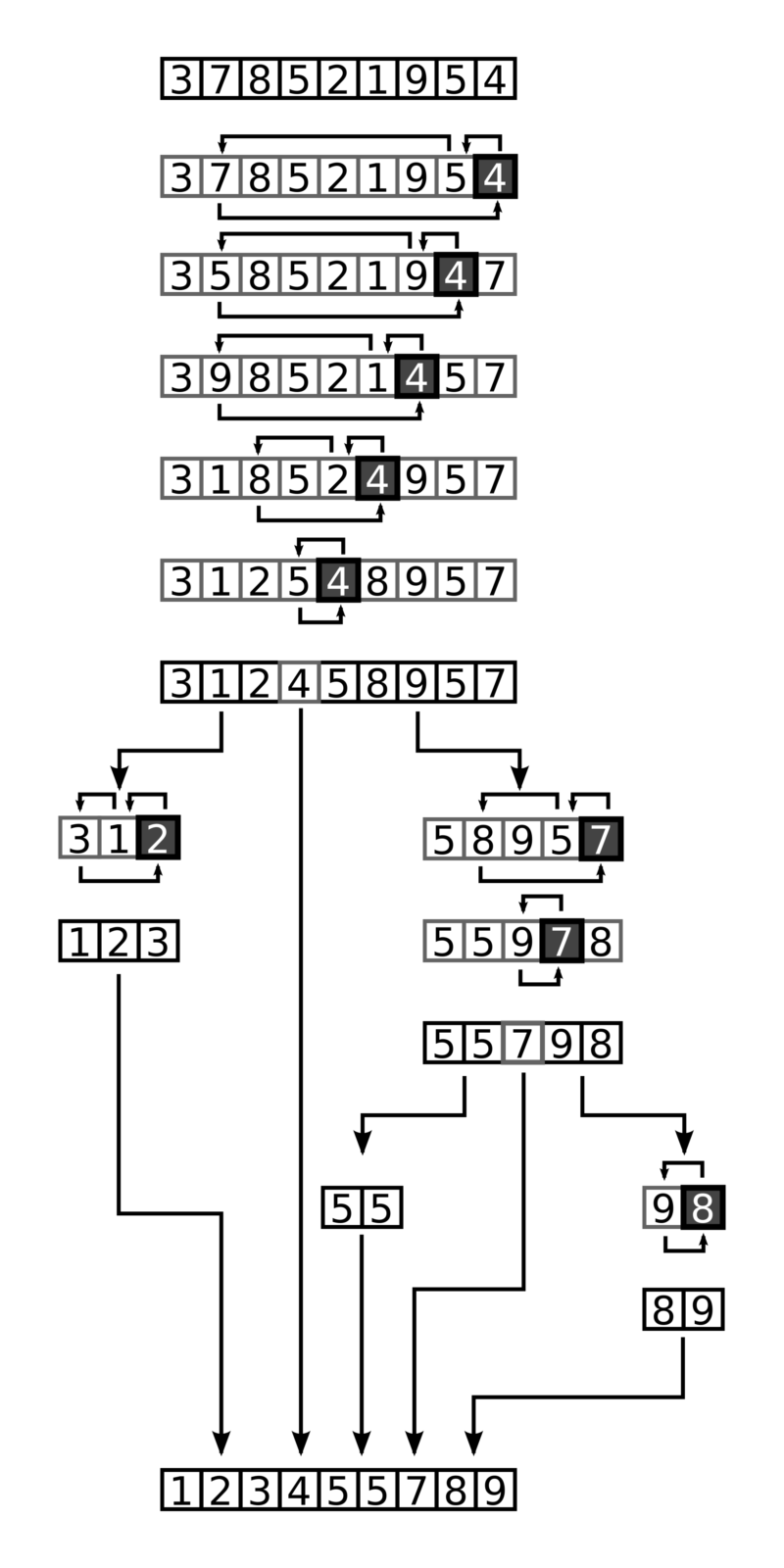Facebook headlines are everywhere.
A flood of news stories about Facebook malfeasance is swirling. Just four days ago the US congress formally asked CEO Mark Zuckerberg to testify about the 50 million Facebook profiles harvested for Cambridge Analytica data mining.
The BIG FOUR tech companies—Facebook, Amazon, Google and Apple—are the largest and most powerful businesses on the planet. And they have an agenda, nothing less than harvesting and analyzing data to control you and the world. Now that agenda is becoming public and people are starting to react.
Facebook presents itself as a place where people can meet freely in ever-expanding social networks. This is a sham representation, an illusion masking Zuckerberg’s real intentions to collect and mine your personal data and sell it to the highest bidder for nefarious purposes. In this case, he sold data to Cambridge Analytica which in turn used the data to influence US elections.
 Zuckerberg’s response? “I’m really sorry this happened!” No, he is not really sorry, unless he means he was sorry he got caught! He’s sorry because Facebook stock is going through the floor. He’s sorry because the public may be waking up to what he is doing, sorry for the government investigations and possible regulations, or even penalties, that may be coming. But above all, this did not just “happen.” It was exactly what he intended: to collect and sell your personal data. He has made billions doing exactly that.
Zuckerberg’s response? “I’m really sorry this happened!” No, he is not really sorry, unless he means he was sorry he got caught! He’s sorry because Facebook stock is going through the floor. He’s sorry because the public may be waking up to what he is doing, sorry for the government investigations and possible regulations, or even penalties, that may be coming. But above all, this did not just “happen.” It was exactly what he intended: to collect and sell your personal data. He has made billions doing exactly that.
In the postmodern mind, truth and reality are obsolete. What determines “reality” is socially constructed language and narratives. (We have written about this here and here.)
Facebook is deceiving you
Postmoderns create narratives for the purpose of deceiving as many people as possible. The big tech companies tell us they are creating communities of free people. They’re here to serve our interests. But in fact, they are creating companies where power is top down, and their clients are manipulated. This has been going on for some time, but now, Zuckerberg and Facebook have gone too far.
Many of us were never taught to think. I was 25 years old before I realized I had never had a thought in my life. I was not challenged to think either by the church or in school. I was simply taught to regurgitate what I was told. (See my post Schooling vs Education.)
But now, we don’t need to think. The tools of thought, reason, science, and the gift of divine revelation have been deemed obsolete. The BIG COMPUTER IN THE SKY will make thinking unnecessary. It will do our thinking for us. It already is.
 I have just finished reading Franklin Foer’s explosive book, World Without Mind: The Existential Threat of Big Tech. The author argues, “[Facebook] has taken the language of radical individualism and deployed it in the service of conformism.” (page 60) Foer continues by showing how Facebook is manipulating people to get them where Facebook wants them to go, not where the individual wants to go: “The point is that Facebook has a strong, paternalistic view on what’s best for you, and it’s trying to transport you there.” (61)
I have just finished reading Franklin Foer’s explosive book, World Without Mind: The Existential Threat of Big Tech. The author argues, “[Facebook] has taken the language of radical individualism and deployed it in the service of conformism.” (page 60) Foer continues by showing how Facebook is manipulating people to get them where Facebook wants them to go, not where the individual wants to go: “The point is that Facebook has a strong, paternalistic view on what’s best for you, and it’s trying to transport you there.” (61)
Big tech is surveilling you
Zuckerberg acknowledges this illusion of freedom that leads to control.
“To get people to this point where there’s more openness— that’s a big challenge. But I think we’ll do it,” Zuckerberg has said.
“In a lot of ways Facebook is more like a government than a traditional company. We have this large community of people, and more than other technology companies we’re really setting policies.” (61)
In the past we have worried about the loss of individual freedom through “big government” surveillance. But the greater surveillance threat is “big business,” especially businesses that specialize in collecting, storing, analyzing data and then selling that data to the highest bidder.
The companies trading in data are monopolies of information. Their intent is to control, if not all of the knowledge market, as much as possible.
For years we have watched the blurring of man and machine (see this). Now we are coming to the end game, controlling “human evolution” to merge man and machine. Foer states it this way: “The founding fathers of these companies often make big, bold pronouncements about human nature— a view of human nature that they intend to impose on the rest of us.” (2)
What are the consequences of the Big Four fight for power? A world without mind!
The tech companies are destroying something precious, which is the possibility of contemplation. They have created a world in which we’re constantly watched and always distracted. Through their accumulation of data, they have constructed a portrait of our minds, which they use to invisibly guide mass behavior (and increasingly individual behavior) to further their financial interests. They have eroded the integrity of institutions—media, publishing that supply the intellectual material that provokes thought and guides democracy. Their most precious asset is our most precious asset, our attention, and they have abused it. The companies have already succeeded in their goal of altering human evolution. We’ve all become a bit cyborg. Our phone is an extension of our memory; we’ve outsourced basic mental functions to algorithms; we’ve handed over our secrets to be stored on servers and mined by computers. What we need to always remember is that we’re not just merging with machines, but with the companies that run the machines.(8)
If you do not find this sobering, there is probably very little that would frighten you.
It’s all done by algorithms
And how is this accumulation and analysis of data accomplished? Through the use of algorithms.

Those procedures that enable mechanical thinking came to have a name. They were dubbed algorithms. The essence of the algorithm is entirely uncomplicated. The textbooks compare them to recipes— a series of precise steps that can be followed mindlessly. This is different from equations, which have one correct result. Algorithms merely capture the process for solving a problem and say nothing about where those steps ultimately lead.
Computers could stockpile massive piles of unsorted data— and algorithms could attack this data to find patterns and connections that would escape human analysts. In the hands of Google and Facebook, these algorithms grew ever more powerful. As they went about their searches, they accumulated more and more data. Their machines assimilated all the lessons of past searches, using these learnings to more precisely deliver the desired results. For the entirety of human existence, the creation of knowledge was a slog of trial and error. Humans would dream up theories of how the world worked, then would examine the evidence to see whether their hypotheses survived or crashed upon their exposure to reality. Algorithms upend the scientific method— the patterns emerge from the data, from correlations, unguided by hypotheses. They remove humans from the whole process of inquiry. 67-70
Reason, reality and revelation are no longer needed in the postmodern era. Leave it to algorithms to determine what is real, what is important, who and what we are, and how we are to think and live.
A personal example
Marilyn and I were made acutely aware of this power a few weeks ago. She visited a shop that was going out of business. She was looking for a decorative rug for our home. The next day, when she was reading news on the internet, an advertisement for rugs popped up. She had never shopped for rugs on her computer. How did this happen? Likely it was the GPS in her smartphone that tracked where she was shopping. And maybe store cameras used retinal scans to identify her and what she was looking at.
It is not the bureaucrat in Washington or Brussels that should frighten us. It is the engineer in Silicon Valley who tracks our every move and every click of our machines.
Is there still time to live an unplugged life? Or would we even want to? Perhaps a world without mind is exactly what we want. Perhaps that is exactly what we will get.
- Darrow Miller







3 Comments
Cristina Inchaustegui
March 26, 2018 - 9:51 amVery scary and soooo very true! We can’t get tired of teaching what is real education as
God intended to.
admin
March 26, 2018 - 10:18 amThanks for reading and responding, Cristina. I trust all is well with you.
Gary Brumbelow
cam
March 27, 2018 - 10:51 am“Many of us were never taught to think. I was 25 years old before I realized I had never had a thought in my life.”
Yep. That’s an embarrassing spot to be in. I was at nearly that age and in the midst of a “college education” when I realized I didn’t know how to think.
It was a systematic study of scripture that was the beginning of learning how to think. Or maybe better put, how to think about things.